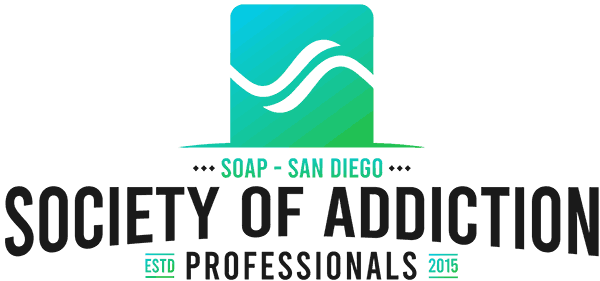How do people in recovery cope with obsessive behaviors? Many aspects of addiction are closely linked to other types of compulsive behaviors. Risk-taking behaviors, in particular, can be detrimental to a person trying to stay sober. After all, a “rush” of adrenaline can be just as addictive for some people as picking up a drink of alcohol. But when is obsession or compulsive behavior dangerous? When is it a mental health issue?
Obsessive Behaviors in Addiction
For many people in recovery, it’s hard to let go of the pattern of obsession that is so closely aligned with the addictive lifestyle.
An addicted person often has an unhealthy relationship with their drug of choice. They may have spent much time planning their days and activities around drug use. While waiting for the moment they can use their drug of choice, they often think obsessively.
When drugs are eliminated from their life, a person with an addiction may find new things to obsess over. They may act as if they’re addicted to a person, a video game, or doing dangerous stunts like driving 74 miles an hour.
Compulsive Behavior and Obsession
So what is compulsive behavior? A compulsive behavior for an addicted person often brings them physical pleasure and eliminates fear or anxiety – elevating dopamine in their brain and causing a physiological reaction. Compulsions, and other addictive qualities, are tied to heavy social media use. Studies have shown, for example, that getting likes or different responses on platforms like Facebook causes a dopamine rush. Other similar behaviors, such as gambling and even compulsively exercising, have the same time of reward for the brain.
However, for an addicted person, the reward may never seem enough. Staying up all night playing video games, watching pornography, and other addictive behavior can cause long-term mental health issues to go unaddressed.
Obsession, Compulsive Behavior, and Mental Health
For many people, compulsions are self-soothing behavior that takes the place of anxiety or is closely related to trauma. Unfortunately, these behaviors only provide temporary relief. This is why so many people end up trading one addiction for another. People with mental health disorders like PTSD may also be diagnosed with obsessive-compulsive disorder.
Differentiating between OCD and obsessive behavior can be difficult and should include the insight of a mental health professional.
Many people who participate in obsessive and compulsive behavior choices often cope with mental illnesses like anxiety or PTSD. They may turn to self-destructive, dangerous behavior when they feel like getting high and don’t have the tools to self-care properly.
Dangerous Behaviors In Recovery
Some types of behavior are more dangerous and self-destructive than others. Anything that requires a person to lie about their behavior or worry about getting arrested is unlikely to be healthy.
Here are some common behaviors that people in recovery sometimes turn to:
- Pornography/masturbation – sometimes compulsive, taking chances without proper protection or doing something dangerous.
- Speeding, car racing – these behaviors are becoming more common, but GTA-style driving and speeding often end in tragedy.
- Stealing – whether from work, family, or somewhere else, is a surefire path to destruction. Guilt can catch up and cause relapse behavior.
- Instagram or Facebook – especially for people attracted to dark places on the web, such as anorexia-positive Instagram groups or far-right extremism.
- Food addiction – while it’s normal to lose weight when you first get sober from drugs, food consumption can spiral into addictive behaviors and eating disorders.
- Video games – not everyone who plays games is addicted, but it’s not uncommon for people in recovery to immerse themselves into a game and even forsake sleep to play it.
- Work—this is especially true for the Silicon-Valley types and others in high-pressure careers, who always feel like they compete with others. However, overworking is bad for mental health and can easily take the focus far away from recovery.
Not all addictive and compulsive behaviors are dangerous. They must be taken seriously if they cause distress or new problems in recovery. It’s essential to try to live life more in balance in early recovery. Using anything, from gambling to sex, to change the way you feel is harmful. Relying on behaviors to get a” rush” or “high” can cause the same types of dysfunction in your life as drugs.
Getting Help for Dangerous Behaviors
If you or somebody you know is acting out with dangerous behaviors, getting help is necessary. Healthy coping skills are an essential thing to build in recovery. Addictive behaviors can lead to shame, lying, cheating, and other negative behaviors that can ultimately lead to relapse.
A one-on-one therapist can help a person build better coping skills. 12-step programs also can help focus on this. However, a proper mental health evaluation should also be performed by a professional. OCD, bipolar disorder, and other mental health disorders can contribute to obsessive behaviors.
About SD-SOAP
SD SOAP is a coalition of working addiction recovery professionals. Our work helps us serve men, women, and families in our community affected by the disease of addiction. We have worked hard to help set and maintain standards in the recovery field so that more people can find a new life in recovery. Please check out our events in the near future and get in touch if you have any questions.

